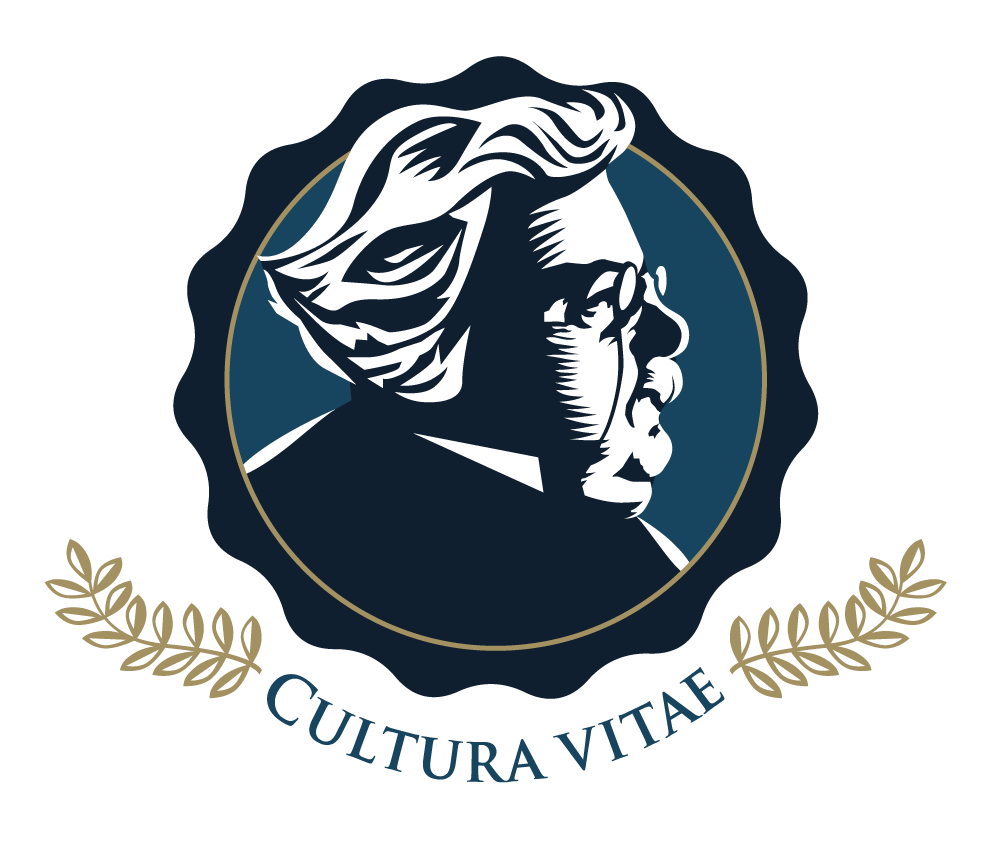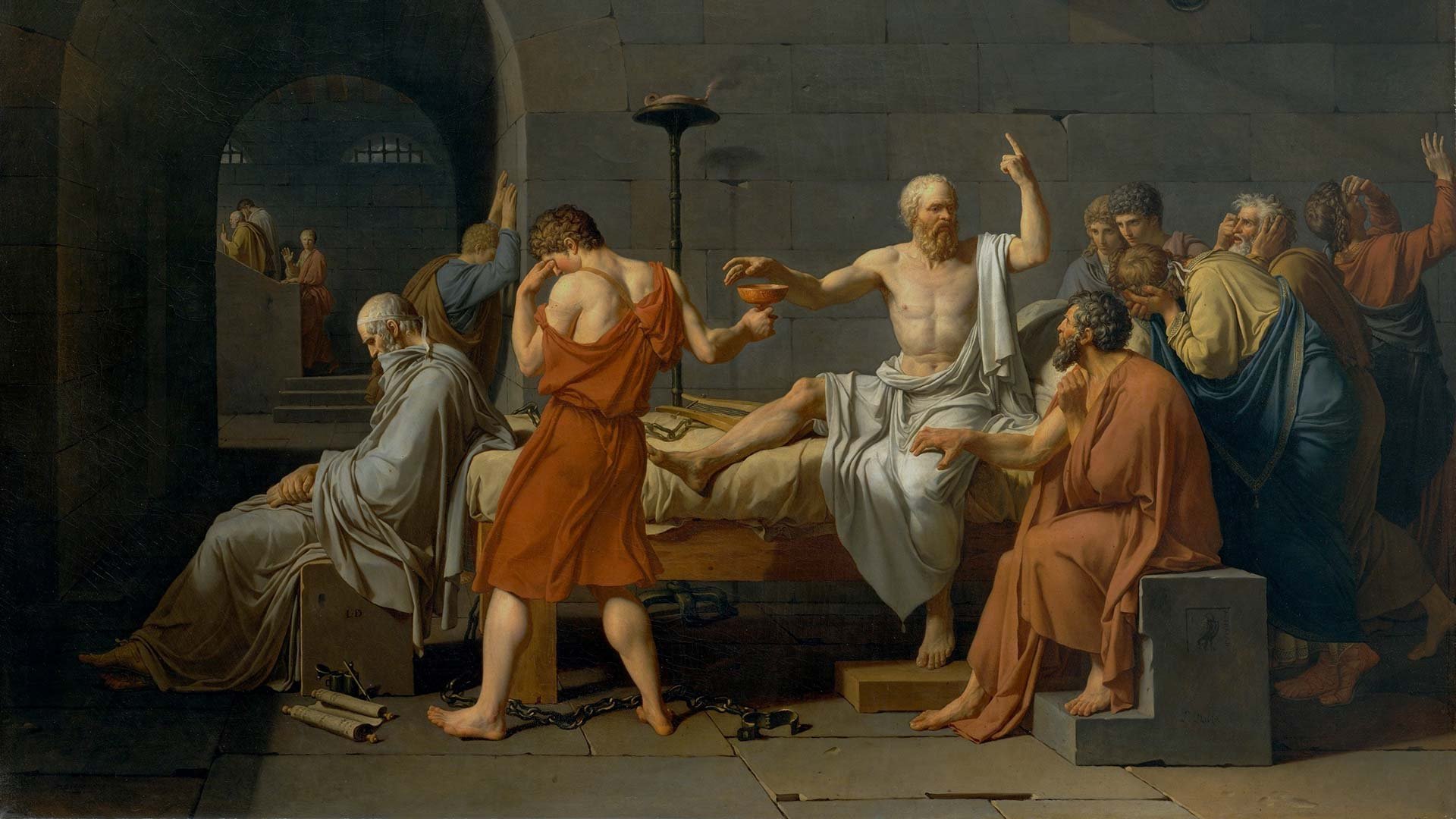The Socratic Method
Chesterton Academy strives to offer a classical curriculum, one that draws on the great Western traditions of faith and reason wielded in concert. One critical element of a classical education is the so-called Socratic method of teaching. Many of our teachers use the Socratic method, but what exactly is it?
This approach to education takes its name from Socrates, the great philosopher of ancient Greece. Socrates was both gentle and relentless in his quest for understanding about human nature. He spent his life asking questions of the people around him, not content with simple answers and not satisfied until he clearly understood an issue. Socrates’ life was a quest for truth, and the Socratic method reflects that quest in the context of the classroom.
In practice, this method proceeds in an interactive fashion through questions and answers. A teacher might ask a class if, for instance, Achilles was a good man or Solomon a good king. Some say yes, some say no. Achilles was a great warrior, some say. Yes, reply others, but he was selfish and arrogant. It becomes necessary to ask a question about goodness. What do we mean by “good?” Do we mean pious? Or do we mean effective? The answer will dictate the course of the discussion. Initially, the teacher models the Socratic behavior, but students learn the technique over time. They themselves begin to recognize the points of ambiguity and to ask the pointed questions aimed at resolving it.
At Chesterton, we integrate the Socratic method for three reasons. First and foremost, the Socratic method hones a student’s oral and analytical skills. Speech is the primary mode of human communication. We hope to empower our students to argue a point at a school board meeting or evangelize co-workers at the water cooler. Students in a Socratic environment learn to follow a long, sometimes meandering conversation to its conclusion. Along the way, students emulate Socrates by asking critical questions, defining terms and refocusing. They also emulate his compassion and good will.
Second, the Socratic method requires students to take ownership of their education. The curriculum is deep, wide and rich, encompassing God and all of his creation. Though there is a baseline of information and literacy that must be conveyed, there is a vast array of angles, perspectives and issues to be explored. A Socratic approach allows students to drive some aspects of the inquiry. This development is a major step toward adulthood. There will not always be a patient teacher there to guide them, or a quiz to verify their understanding. A Socratic seminar allows them to sally forth, to stumble, to doubt, and perhaps to prevail. Any discoveries they make are then uniquely their own. They learn not just the mode of inquiry, but get a taste of the blessings it can bestow.
Third, this student-led inquiry contributes to cultivating in students an appreciation of true diversity. That is a loaded word in our current culture, but it would be a tremendous service to society if we could somehow reclaim it. Students who think rigorously and share their personal perspectives and quandaries quickly discover both those things that all human beings share, and those differences that make us all unique creatures of God. A seminar reveals that men and women are in fact different. A student who has a relative serving in Afghanistan reads Homer’s story of the Trojan War differently than a student who does not. A student with a very mathematical mind is driven to distraction by the allegorical ironies in Chesterton’s The Ball and The Cross, whereas a more abstract thinker is enthralled. One student reads Genesis and thinks of a great poem emerging; another thinks of a great geometry proof unfolding. All of these perspectives add to the greater understanding and appreciation of the group.
There is more to a Chesterton education than Socratic seminars, but the Socratic method is crucial. Coupled with a healthy dose of integrated lectures and instruction, the Socratic method is an important element of any truly classical education. It can be difficult to teach this way, but we cannot hope to produce complete thinkers without it.

